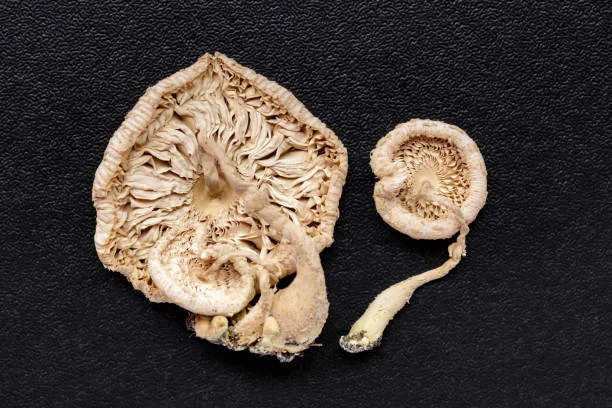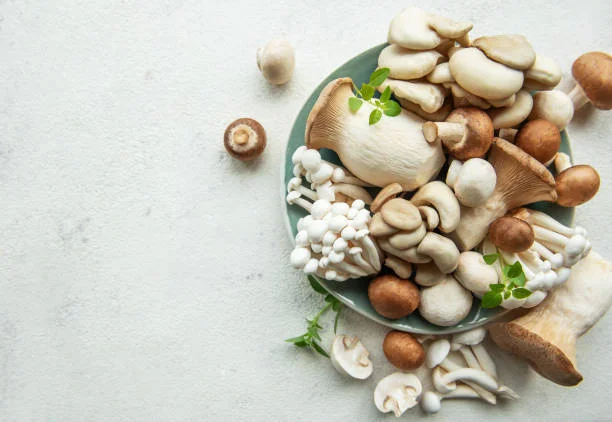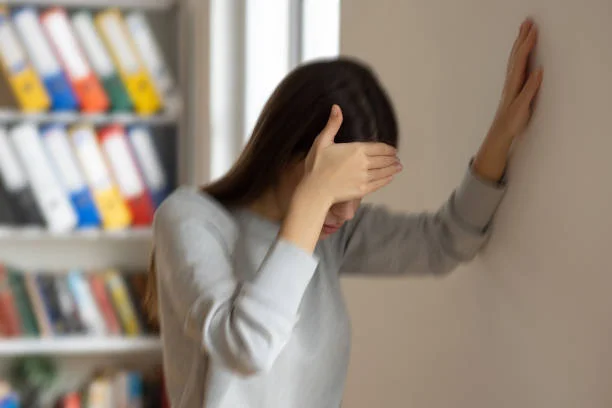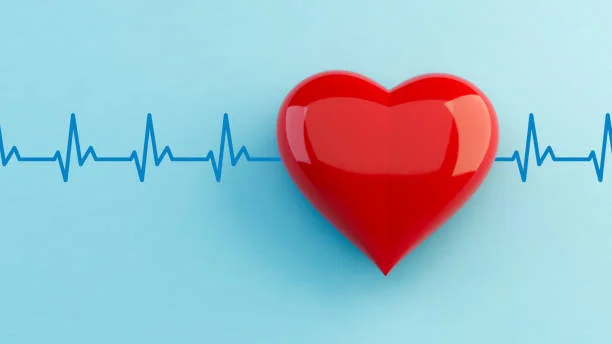
Mushrooms have been used for centuries for their medicinal, nutritional, and psychoactive properties. While many mushrooms are safe to consume, some varieties contain psychoactive compounds that can have powerful effects on the brain and body. This raises the question: Can you overdose on mushrooms? In this guide, we will explore the risks, symptoms, and best safety practices for consuming mushrooms.
What Happens When You Consume Psychoactive Mushrooms?
Psychoactive mushrooms, commonly known as magic mushrooms or psilocybin mushrooms, contain psilocybin, a compound that, when ingested, converts into psilocin—the active chemical responsible for hallucinations and altered perception. The effects can vary based on dosage, body weight, metabolism, and individual tolerance.
While there is no recorded case of a fatal overdose from psilocybin mushrooms alone, high doses can cause severe psychological and physiological reactions that may require medical intervention.
Signs and Symptoms of Mushroom Overdose

Consuming an excessive amount of psilocybin mushrooms can lead to an overwhelming psychedelic experience, sometimes referred to as a “bad trip.” Symptoms of excessive consumption include:
1. Psychological Symptoms
- Intense hallucinations (visual and auditory distortions)
- Extreme paranoia and anxiety
- Disorientation and confusion
- Depersonalization (feeling detached from reality or oneself)
- Panic attacks
- Delusions and psychosis (in rare cases, particularly in those with underlying mental health conditions)
2. Physical Symptoms
- Nausea and vomiting
- Increased heart rate and blood pressure
- Dizziness and lack of coordination
- Tremors or muscle weakness
- Profuse sweating or chills
- Seizures (extremely rare but possible in high doses or with pre-existing conditions)
What to Do If Someone Takes Too Many Mushrooms

If you or someone you know experiences severe symptoms after consuming mushrooms, follow these critical safety steps:
1. Stay Calm and Reassure Them
Panic can worsen the experience. Speak in a soothing tone and remind them that the effects are temporary.
2. Create a Safe and Comfortable Environment
Move them to a quiet, familiar, and non-stimulating space. Reduce loud noises and bright lights to minimize sensory overload.
3. Stay Hydrated
Encourage the person to drink water or herbal tea to stay hydrated. Avoid caffeine and alcohol, which can worsen symptoms.
4. Monitor Their Breathing and Vital Signs

If they experience difficulty breathing, a rapid heart rate, or severe confusion, seek medical attention immediately.
5. Seek Medical Help if Necessary
While psilocybin toxicity is rare, in cases of severe distress, seizures, or loss of consciousness, call emergency services.
How to Safely Consume Psychedelic Mushrooms
1. Start with a Low Dose
For beginners, start with a small amount to assess tolerance. The effects can take 20–60 minutes to manifest, so avoid consuming additional doses prematurely.
2. Know Your Source
Only consume mushrooms from a trusted source to avoid poisonous varieties, which can be fatal. Some wild mushrooms, such as Amanita phalloides (Death Cap) or Galerina species, are deadly.
3. Have a Sober Trip Sitter
If you’re new to psychedelics, having a trusted, sober person to guide and reassure you can reduce the risk of a bad experience.
4. Avoid Mixing with Other Substances
Combining psilocybin mushrooms with alcohol, stimulants, or other drugs increases the risk of adverse effects and unpredictable interactions.
5. Be Mindful of Mental Health Conditions
People with a history of schizophrenia, severe anxiety, or other mental health conditions may be at higher risk for psychotic episodes or prolonged distress.
Are There Long-Term Effects of Consuming Too Many Mushrooms?
While a single high-dose experience may not have lasting physical consequences, frequent or excessive use of psilocybin mushrooms can lead to:
- Hallucinogen Persisting Perception Disorder (HPPD): A condition where individuals experience flashbacks or visual disturbances long after the effects wear off.
- Increased Anxiety or Depression: In some individuals, intense psychedelic experiences can lead to lingering emotional distress.
- Psychological Dependence: While psilocybin is not physically addictive, some individuals may develop a psychological reliance on its effects.
Final Thoughts
While psilocybin mushrooms are not known to cause fatal overdoses, consuming large amounts can lead to distressing psychological and physical reactions. Practicing safe use, proper dosage, and harm reduction strategies can help ensure a positive and safe experience.
If you or someone you know is struggling with substance use or severe psychedelic experiences, seeking professional medical advice is always recommended.







